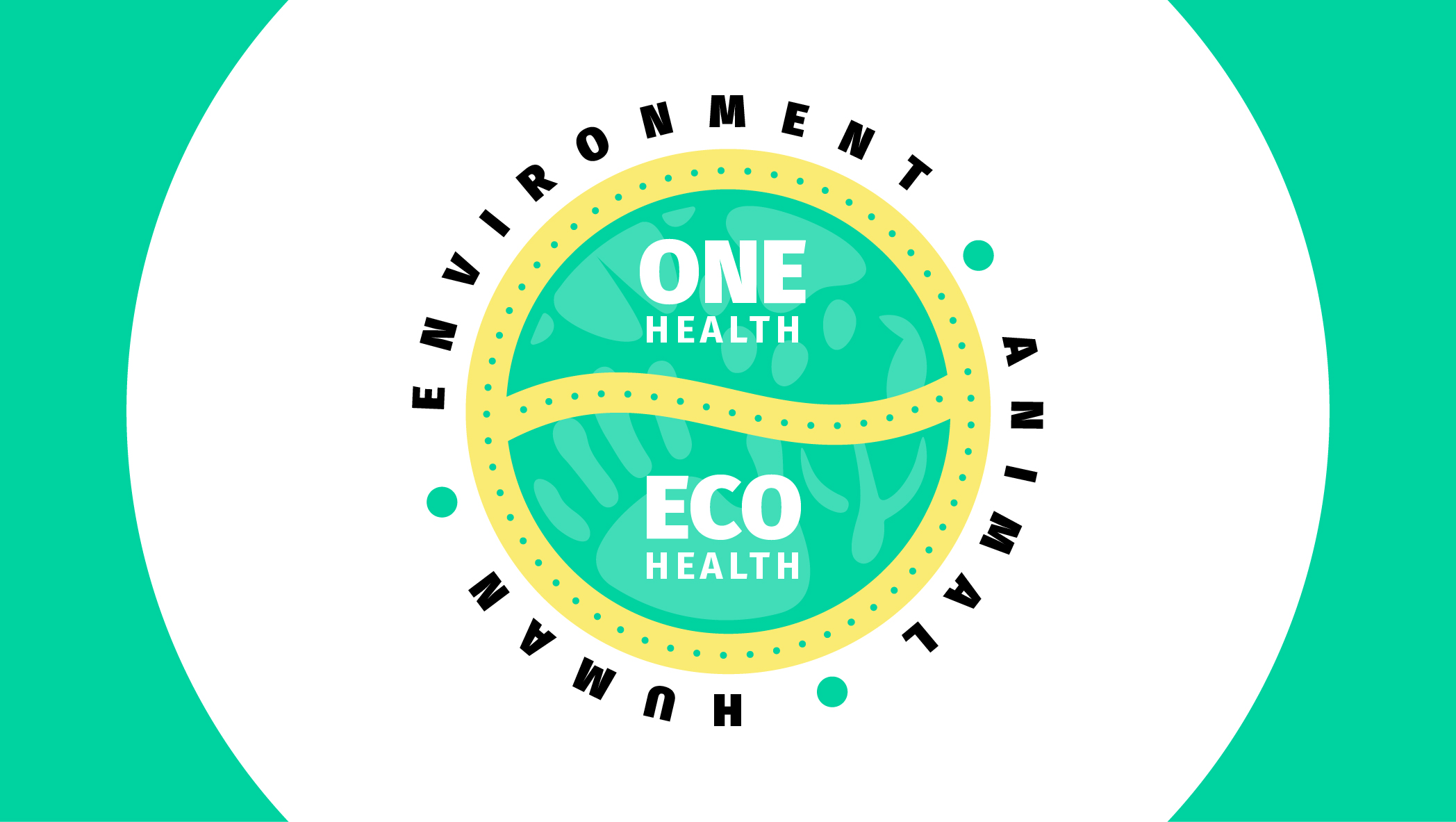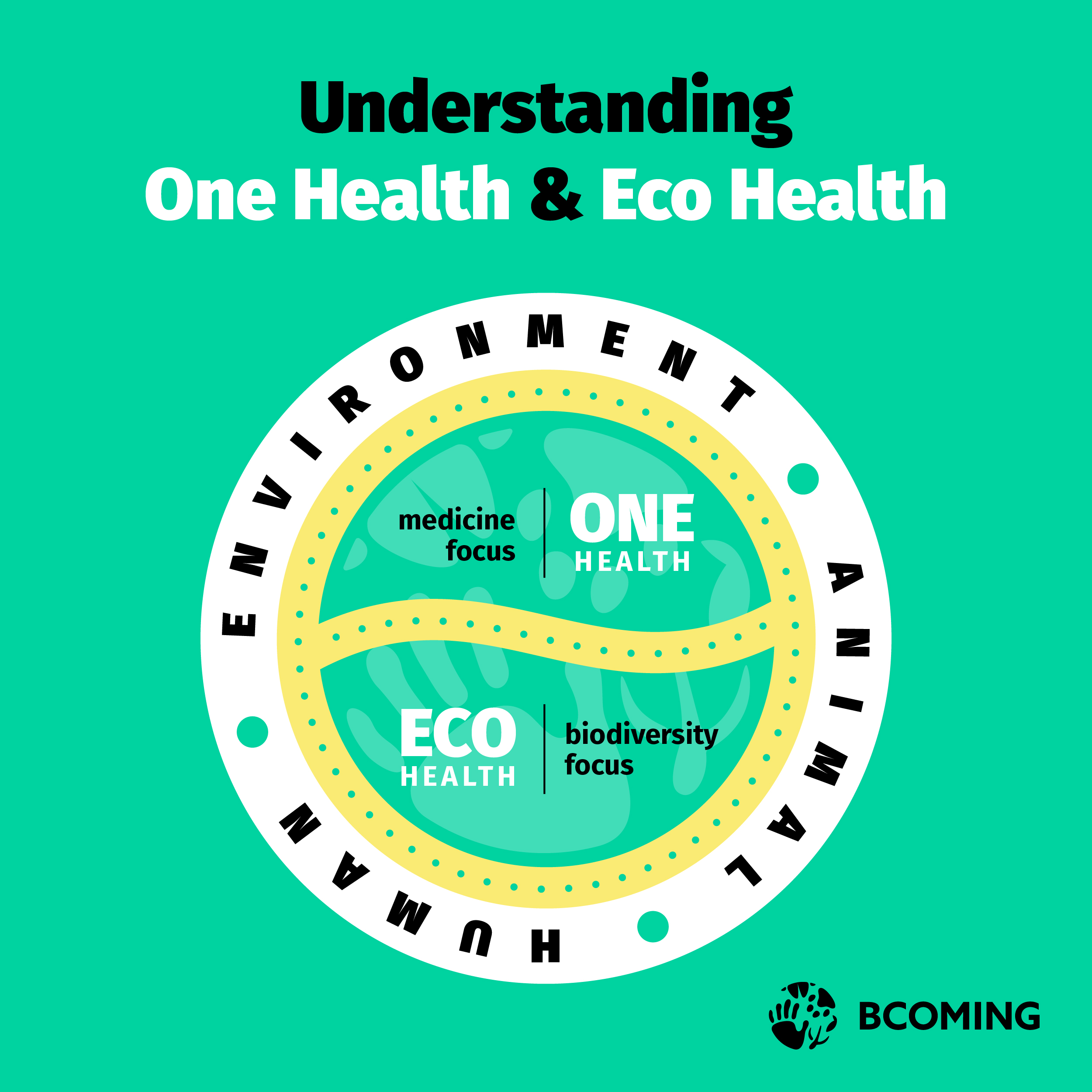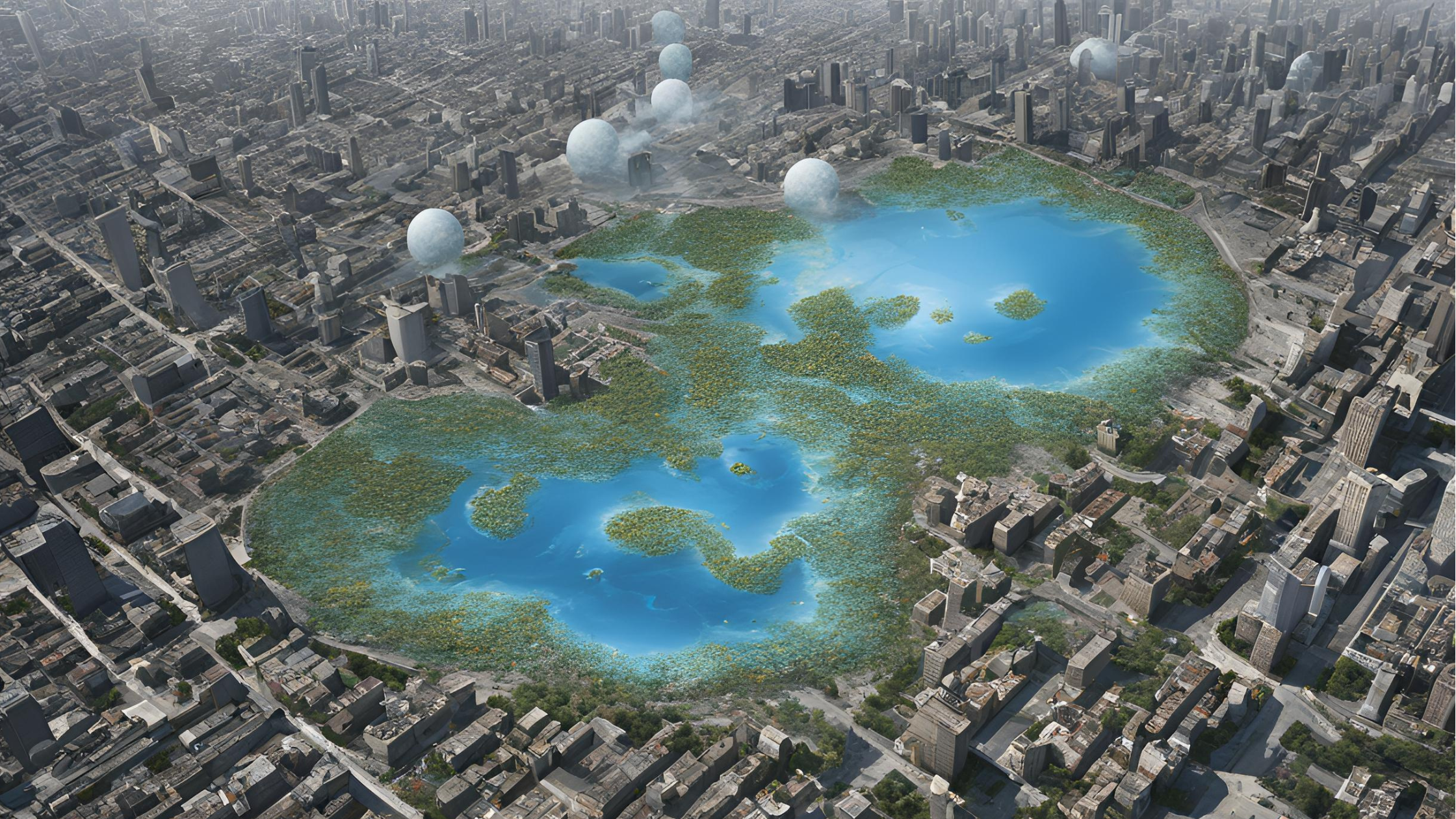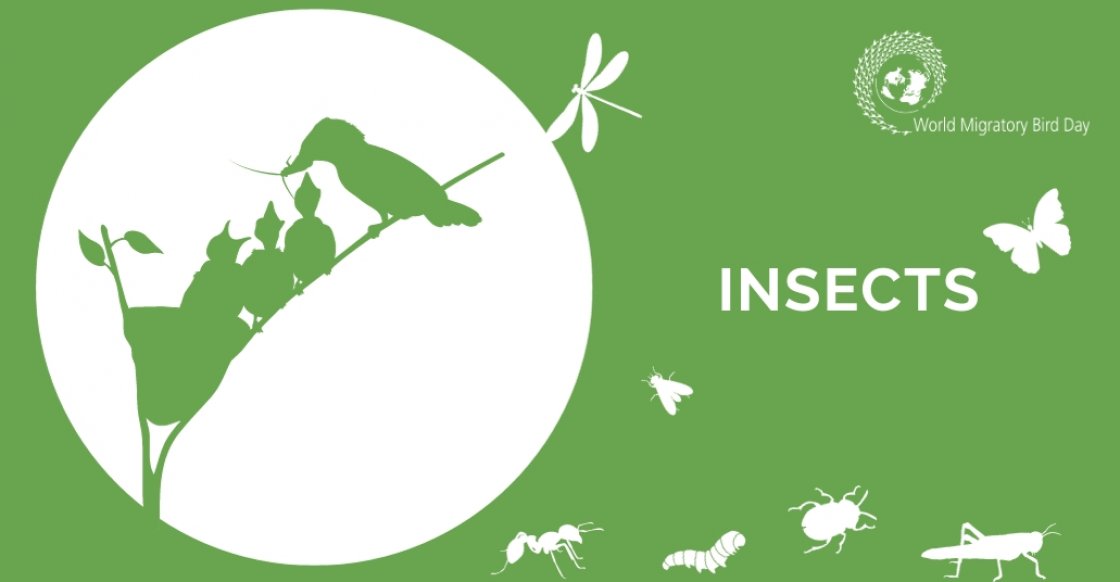The impact of biodiversity in our health
Understanding the concepts of One Health and Eco Health

If you have been paying attention to our latest posts (and we hope you have), the terms #OneHealth and #EcoHealth might sound somewhat familiar to you. Even if you get the general idea, you maybe still wonder what exactly they refer to, or how they are different from each other. No worries, we got you covered.
First things first, what exactly are One Health and Eco Health?
They are unifying approaches (they involve different disciplines) to the integration of human, animal and environmental health.
Alright, what is the difference between these concepts, then?
We thought you’d never ask! In short, we can say that Eco Health can be understood as a One Health approach with a stronger focus on interdisciplinarity and active participation. However, there are some other interesting differences as well:
-
One Health is more medicine-oriented, focusing on areas like translational or comparative medicine, which helps us learn about diseases in humans, studying those same diseases in animals.
-
Eco Health is a more pragmatic approach which focuses on #biodiversity and development. For instance, did you know that deforestation might be one of the main sources of mercury contamination in certain regions of Brazil? This can lead to the contamination of nearby bodies of water which, in time, can lead to mercury poisoning for the local villages' inhabitants.

Ok, we get it now! But are they really so important?
As we just discussed, environmental, animal, and human health are all interconnected. Taking care of animal and environmental health is taking care of our own health. You don’t agree? Just think about the COVID-19 situation a few years ago! This all originated because of an infection that was transmitted from an animal to a human.
Imagine how different the last years would have been if this disease had first been detected in the animals before spreading to humans. This would have permitted us to control the situation at an earlier stage, saving time, resources, money, and most importantly, lives.
There are over 1 million #InfectiousDiseases that can be transmitted from animals to humans and vice versa. Covid-19 was just one of them. We know it’s a scary number, and this is why concepts like One Health and Eco Health, and projects like BCOMING, which focus on actively tackling these issues, are so important.
Did you find this interesting? You can learn more about these concepts in these links!
An overview of One Health, Eco Health and Planetary Health - YouTube
One Health and EcoHealth: the same wine in different bottles? - PMC (nih.gov)




